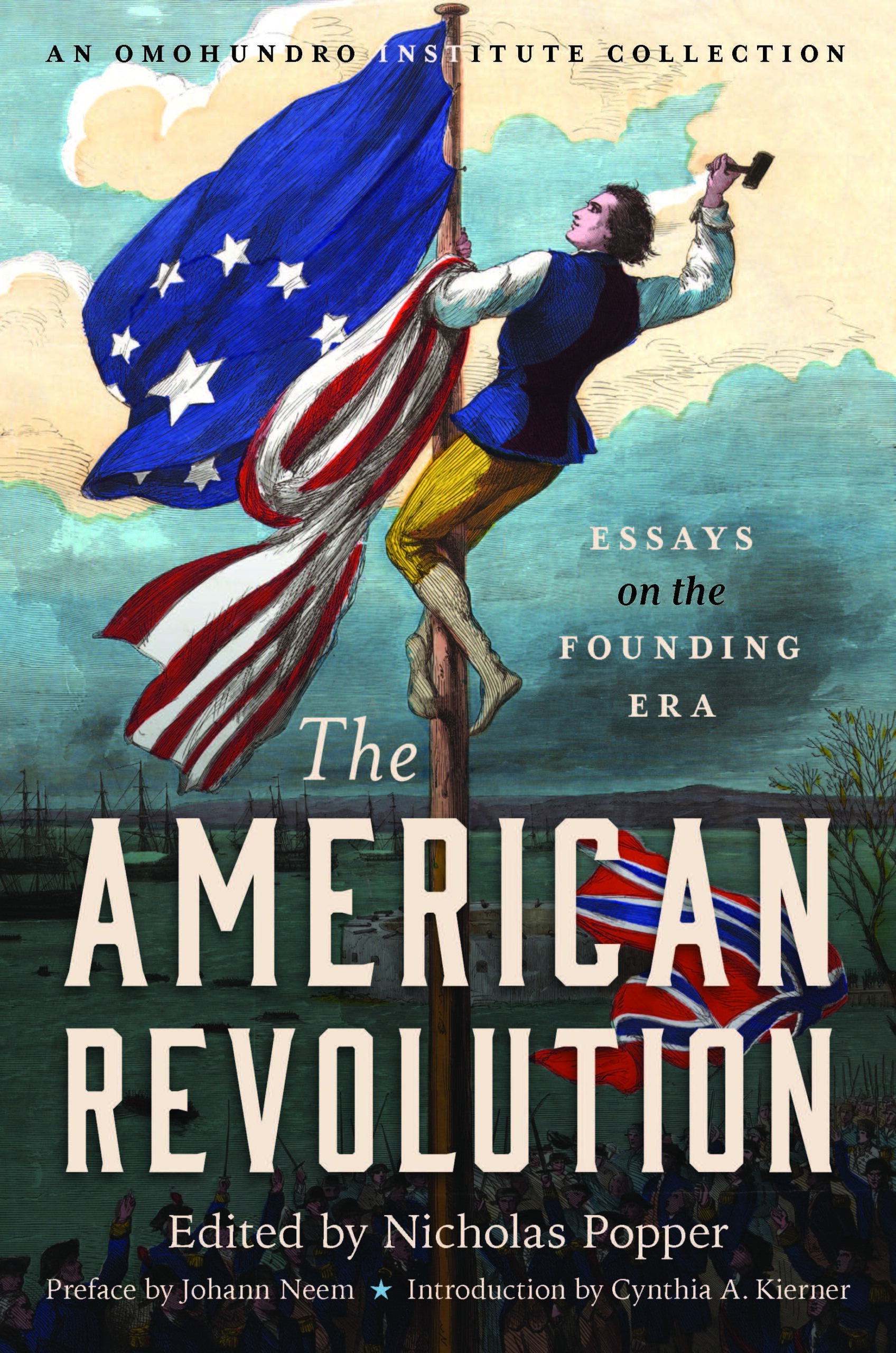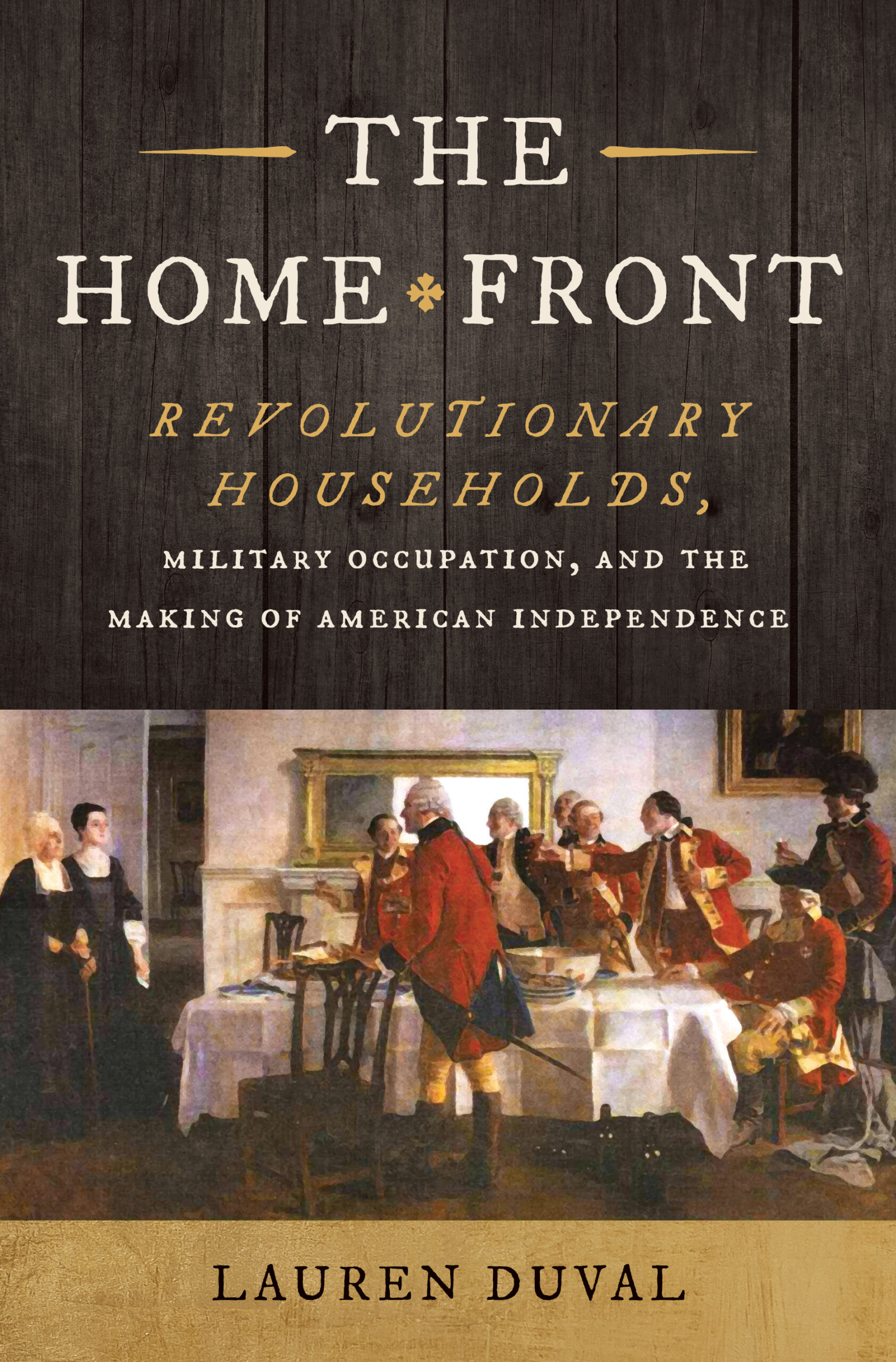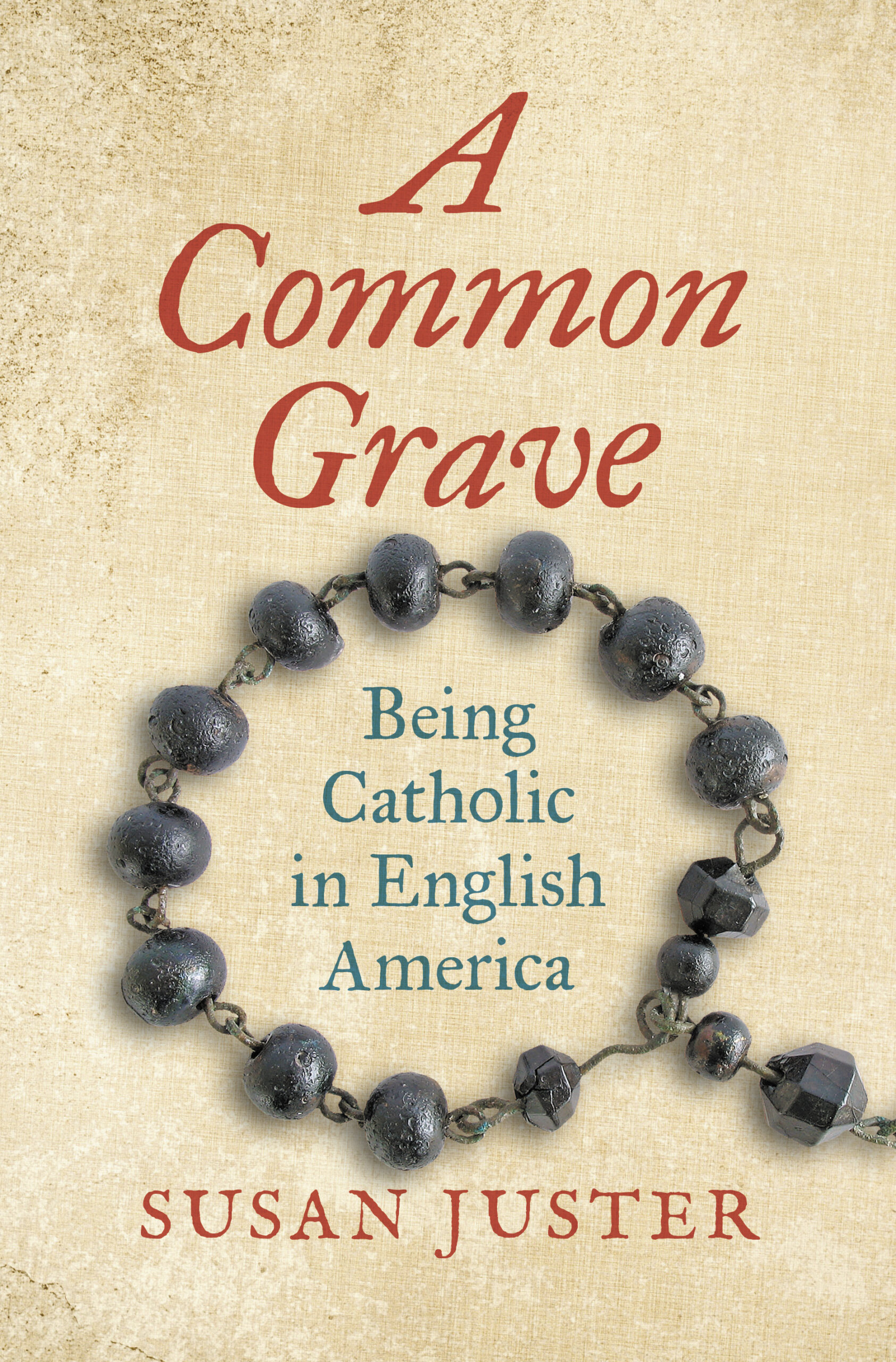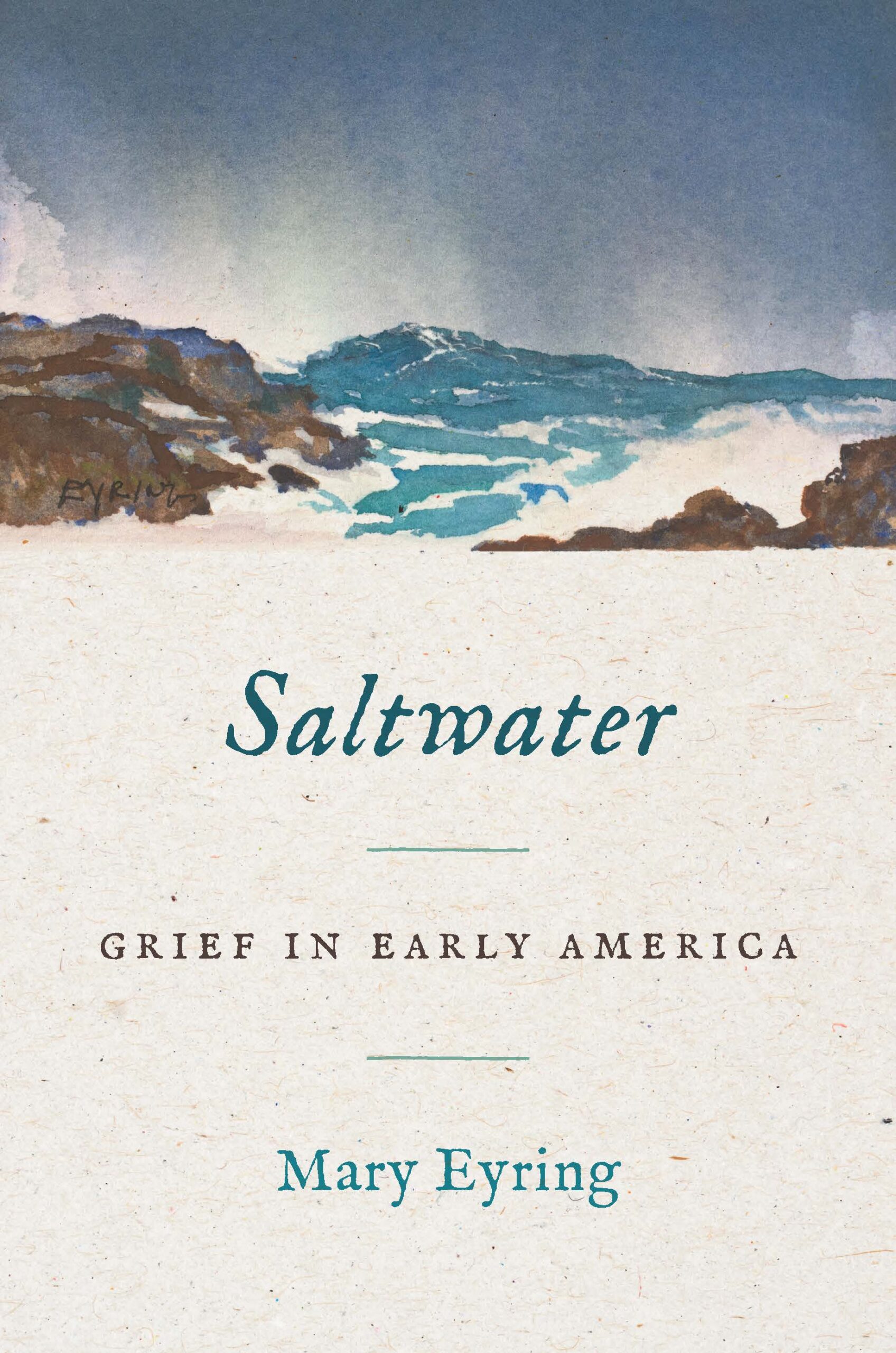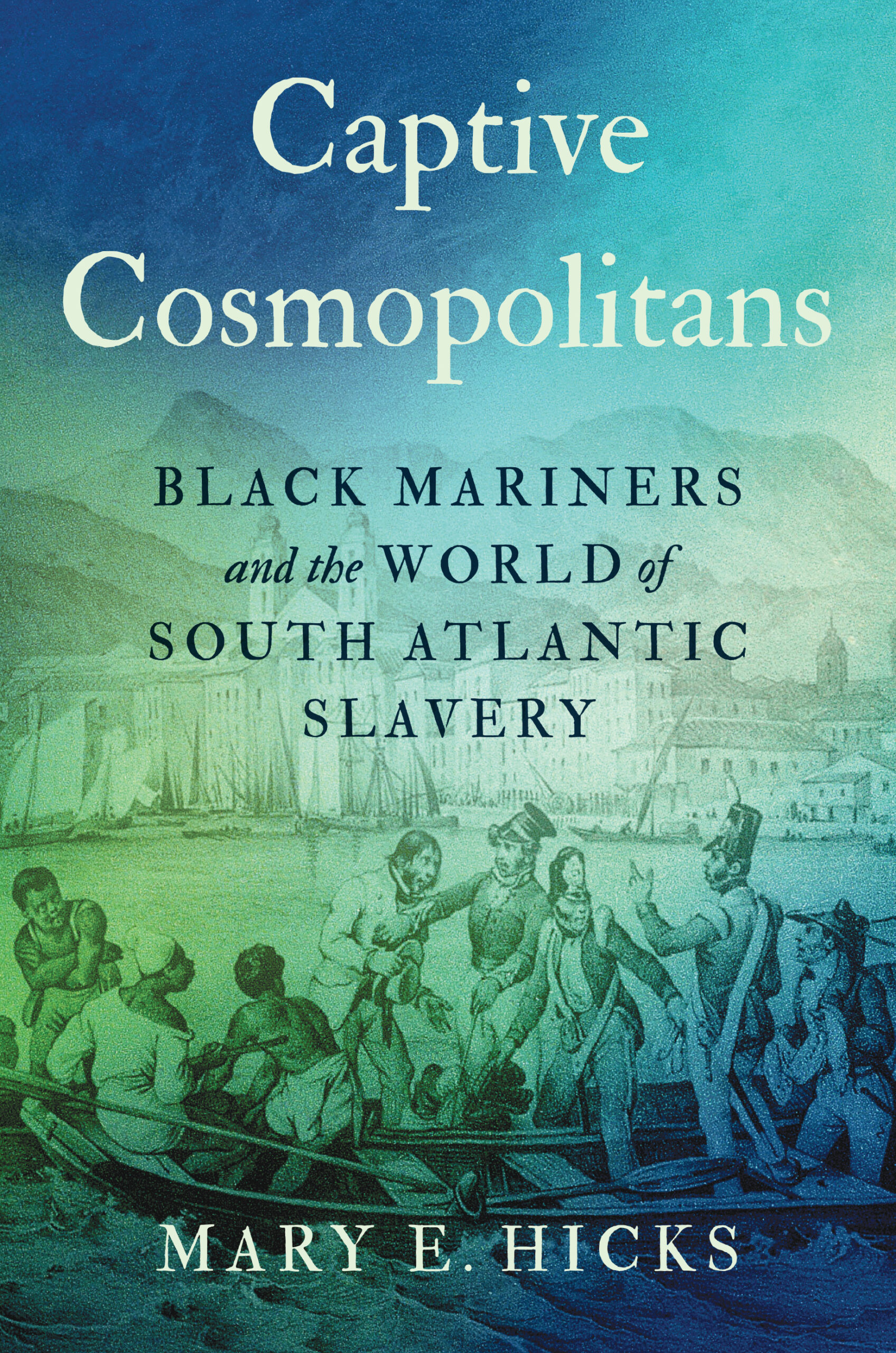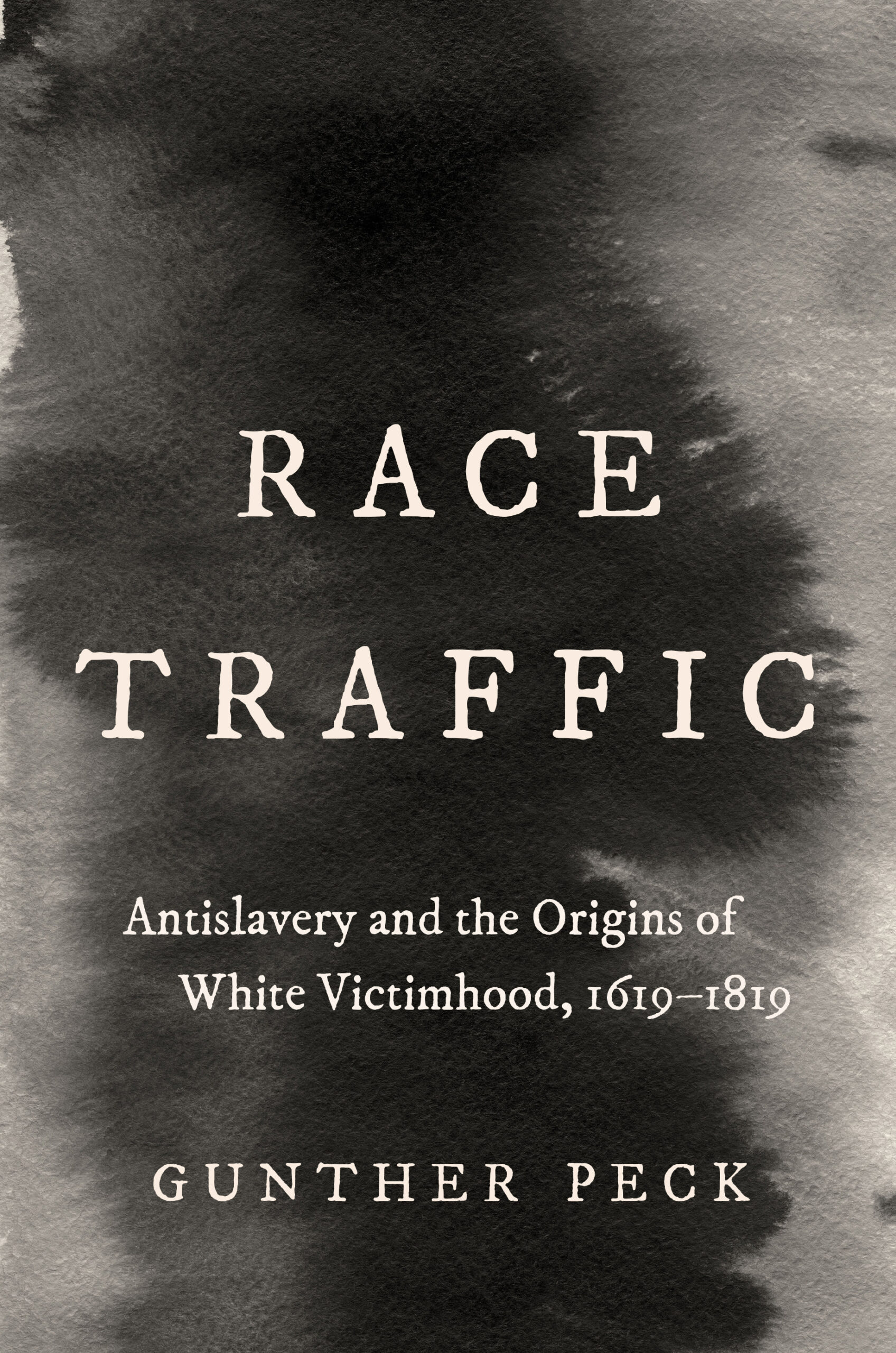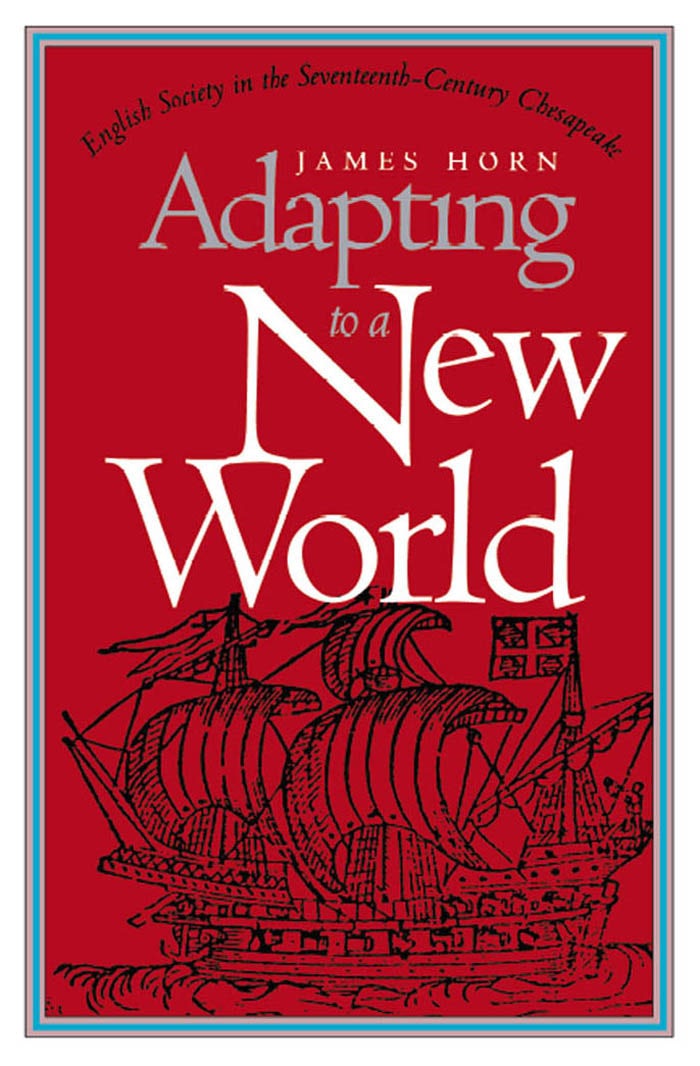
Adapting to a New World
Description
Often compared unfavorably with colonial New England, the early Chesapeake has been portrayed as irreligious, unstable, and violent. In this important new study, James Horn challenges this conventional view and looks across the Atlantic to assess the enduring influence of English attitudes, values, and behavior on the social and cultural evolution of the early Chesapeake. Using detailed local and regional studies to compare everyday life in English provincial society and the emergent societies of the Chesapeake Bay, Horn provides a richly textured picture of the immigrants’ Old World backgrounds and their adjustment to life in America. Until the end of the seventeenth century, most settlers in Virginia and Maryland were born and raised in England, a factor of enormous consequence for social development in the two colonies. By stressing the vital social and cultural connections between England and the Chesapeake during this period, Horn places the development of early America in the context of a vibrant Anglophone transatlantic world and suggests a fundamental reinterpretation of New World society.
About The Author
James Horn is director of the John D. Rockefeller Jr. Library in Colonial Williamsburg.
Awards
The Maryland Historical Society Book Prize (1995)
Reviews
“James Horn’s excellent history of English society in the seventeenth-century Chesapeake breathes new life into a historiography that has become relatively stagnant.”–Journal of Southern History
“A work of exceptional breadth, extensive research and reading, and skillful analysis.”–William and Mary Quarterly
“A splendid volume.”–Journal of American History
“Horn has written an important book: a synthesis of a generation’s study of the 17th-century Chesapeake world fused with his own analytic contributions.”–London Review of Books
“In a deeply researched, detailed, and nuanced portrait of the Chesapeake in the seventeenth century, Adapting to a New World both modifies and contextualizes our understandings of the particulars of social life in those colonies and challenges the picture of a disrupted society. The book both adds new information to our knowledge of Chesapeake society, much of it known already by those familiar with Horn’s numerous articles, and incorporates much of the vast research uncovered by the current generation of scholars.”–Virginia Magazine of History and Biography
“This is an important book, one of the few that examines the transfer of culture from Europe to America in a comparative way. The research is both wide and deep; the book is well-edited and beautifully produced.”–Virginia Quarterly Review
“Adds a significant chapter to the long-standing debate over the degree to which English backgrounds influenced colonial development.”–Choice
“The rich, the poor, the aristocrats, and the indentured servants are all included in this well-written volume that carefully balances the theoretical and empirical evidence to make the seventeenth-century Chesapeake come alive. Compared to most of the narrowly focused but thorough studies of the Chesapeake, Adapting to a New World is a welcome synthesis.”–North Carolina Historical Review
“[Horn] takes us through a careful analysis of what the colonists left behind and what they established anew through a finely drawn comparison of the communities whence they came and the communities they founded once again.”–Economic History Review
“A perceptive, well-written, and thought-provoking study. Anyone with a serious interest in early American history should consider adding Adapting to a New World to his or her library.”–Maryland Historical Magazine
